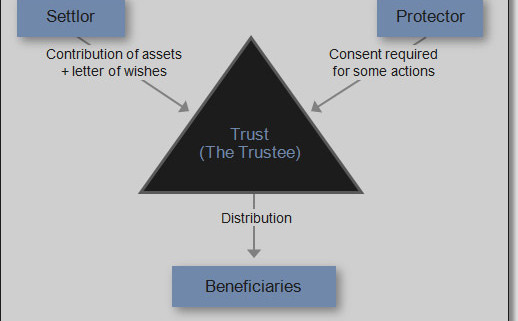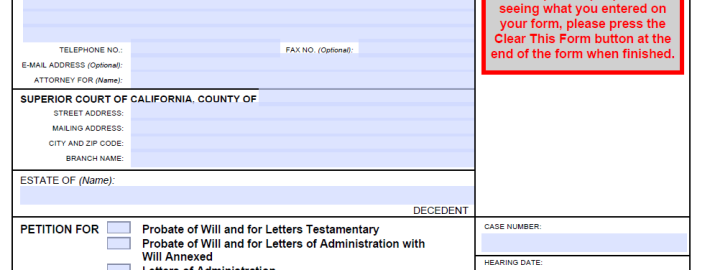What Are The Benefits Of A Revocable Trust?
A revocable trust is a popular estate planning tool that can serve useful property management functions during a client’s lifetime and may also be used as a convenient and efficient means to distribute a client’s assets on his or her death. This article discusses the benefits of using a revocable trust rather than a will or other testamentary instruments such as deeds or transfer on death accounts. Read more







